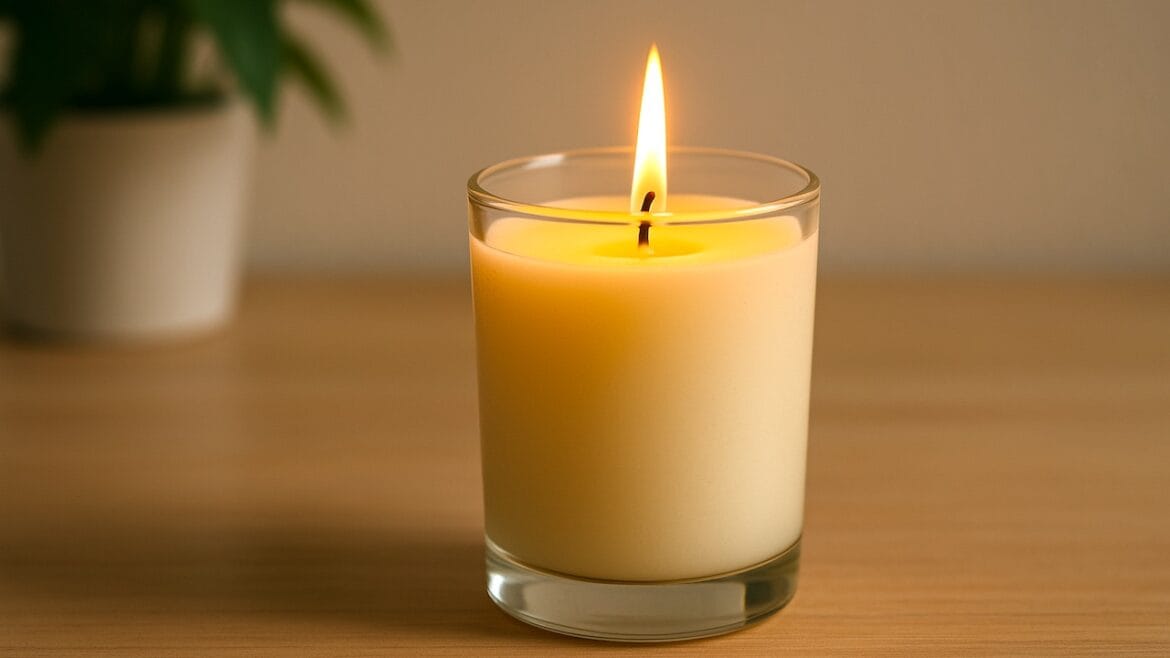On average, we spend over 90 percent of our time insider. At home or at work, most of us are breathing indoor air far more than outdoor. And it isn’t always as clean as we think.
Poor indoor air quality, or “IAQ,” can lead to headaches, fatigue, allergies, respiratory issues, and in extreme cases, even longer-term health problems.
In humid states like Florida, high moisture levels can also make these issues worse by causing mold or mildew, dust mites, and other airborne irritants.
These 13 quick and practical tips from Clearwater Mold Remediation experts will help you improve your indoor air quality fast. They’re listed from quickest and easiest to more involved solutions—all with Florida’s unique humidity and weather challenges in mind.
1. Take Off Your Shoes at the Door
Shoes track in pollen, mold spores, pesticides, and dirt. Leave them at the door to keep indoor air cleaner—especially during our rainy season.
2. Dust and Vacuum Regularly
Dust buildup holds allergens, mold spores, and bacteria. Use a vacuum with a HEPA filter and dust with a damp cloth to trap particles instead of spreading them.
3. Change Your AC Filter Often
In Florida’s high-humidity climate, your HVAC system runs constantly, which means your filter clogs faster. Check and replace filters every 1–2 months to keep air flowing freely and cleanly.
4. Use a Portable Air Purifier
Especially in bedrooms or living areas, HEPA-filtered air purifiers can help reduce allergens, mold spores, and fine particles. Choose models rated for the square footage of your space.
5. Run Exhaust Fans
Bathroom and kitchen fans aren’t just for smells. They help pull moisture and pollutants out of your home. Use them during and after showers or cooking, especially if your home feels damp or humid.
6. Avoid Smoking or Candles Indoor
Smoke, whether from cigarettes or scented candles, can severely degrade indoor air quality. Choose flameless or essential oil diffusers if you want fragrance without the soot or VOCs.
No, Not My Candles! What to Do If You Must Have Candles
- Choose candles made from 100% beeswax, soy wax, or coconut wax. They burn clean and have minimal emissions.
- Avoid paraffin wax (the most common candle wax). It’s petroleum-based and releases toxic VOCs like benzene and toluene.
- Avoid gel candles. They use synthetic ingredients and burn dirty.
- Choose natural wicks: Cotton, hemp, or wood. Avoid metal-core wicks.
- Choose unscented or essential oil-scented candles over synthetic fragrances or dyes.
7. Keep Humidity Between 40–50%
High humidity allows mold, mildew, and dust mites to thrive especially in Florida. Use a digital hygrometer to monitor humidity, and if needed, run a dehumidifier in problem areas like basements or closets.
8. Seal Leaks and Insulate Properly
Gaps around windows, doors, and ductwork let in moist outside air — which brings in mold spores and pollen. Proper sealing also helps your AC work more efficiently.
9. Keep Houseplants in Check
While some plants can help purify air, too many plants, or plants that are constantly overwatered, can actually encourage mold growth indoors. Choose low-water plants and don’t overwater.
10. Avoid Open Windows on Humid Days
It might feel refreshing, but in Florida, opening windows can invite in moisture and mold spores — especially during muggy afternoons. Only crack windows when humidity is low, which is typically early mornings or only on the cooler, dry days.
11. Use Mold-Resistant Paint and Materials
In kitchens, bathrooms, and laundry areas, mold-resistant paint can help prevent future growth. If renovating, look for mold-resistant drywall and insulation, too.
12. Schedule Routine HVAC Maintenance
Your AC system is your first line of defense against indoor air pollutants and Florida’s extreme humidity. Have it serviced annually to clean coils, ducts, and ensure proper drainage.
13. Have Your Home Professionally Inspected
If you’re experiencing musty smells, persistent allergies, or unexplained health symptoms, it may be time for a professional indoor air quality or mold assessment. A trained expert can detect hidden issues behind walls or under floors that you can’t spot on your own.
Breathe Easier, Live Better
Improving indoor air quality doesn’t have to be overwhelming and even small changes can make a big difference. In Florida’s warm, wet climate, staying ahead of moisture and mold is especially important to keep your air clean and your home healthy.
Need help identifying indoor air quality or mold issues in your Florida home? Schedule a consultation with Mold Solutions; we’re local experts in mold remediation and IAQ.







